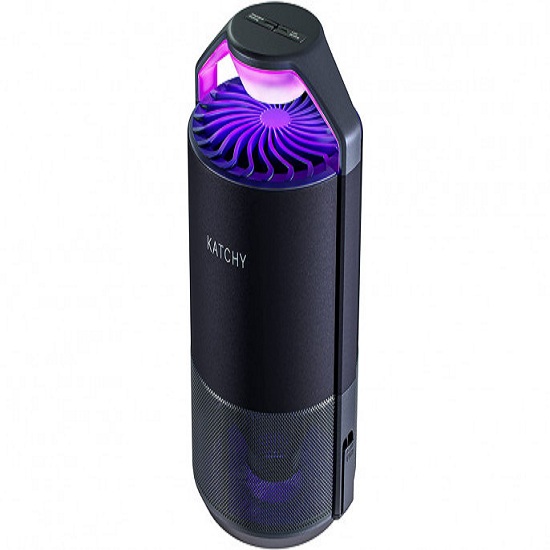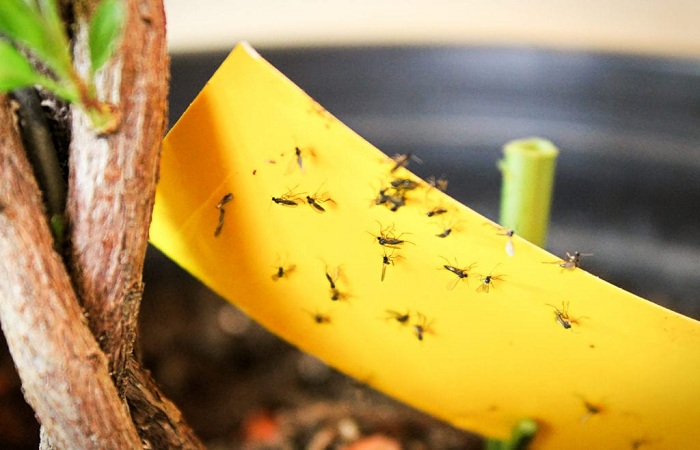Gnats may cause the greatest trouble in the spring, summer, and fall, but it is not uncommon for them to survive and even thrive inside a warm, dry home in the winter months. They’re especially drawn to the sugary residues of processed foods, but they’ll also make a home in garbage cans, sinks, and other moist, dark places.
When they locate a good place to settle, it can be very difficult to get rid of them. But here’s the good news: you can actually keep them out of your home with some diligence and some useful tactics!
Methods for Eliminating Gnats
Get Rid of What Attracts Gnats Indoors
Keeping the food they crave out of reach is the first step in removing the incentive for them to return. Avoid leaving perishables out on kitchen countertops. This also includes not putting waste products like peels or scraps in uncovered containers like the sink.
Gnats can be kept out of trash by using trash cans with tightly fitting lids. As an added precaution against food particles, sinks should be cleaned on a regular basis. Also, don’t forget to frequently maintain your garbage disposal and bathroom sink drains.
A metal pipe wire brush is useful for removing food debris from drains. Better yet, you can clean your drains and disposals while also killing the gnats with a mix of vinegar, baking soda, and salt. To make this, combine 1/4 cup each of salt and baking soda with 1 cup of vinegar. Use it once a week, you’ll see results!
One last thing: double check that the sink’s drain basket is completely plugged. Gnats, flies, and food scraps prefer to hide in the tiny crevices and gaps in the drain’s gasket. You may prevent gnats from setting up shop in that spot by running a bead of silicone around your drain seal.
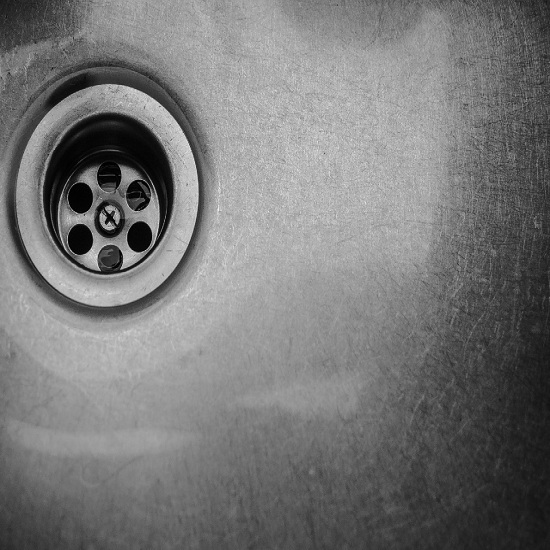
Houseplants
It’s also possible that the houseplants you have can be a major breeding ground for gnats. Or, more precisely, the soil in which your houseplants thrive.
Gnats will thrive in the wet, humid soil. They can quickly increase in numbers due to their ability to survive off the land. Not letting the soil grow excessively moist is one of the best techniques to help eliminate or at least limit gnats on houseplants. Don’t let water sit in the bottom of the plant saucers, either.
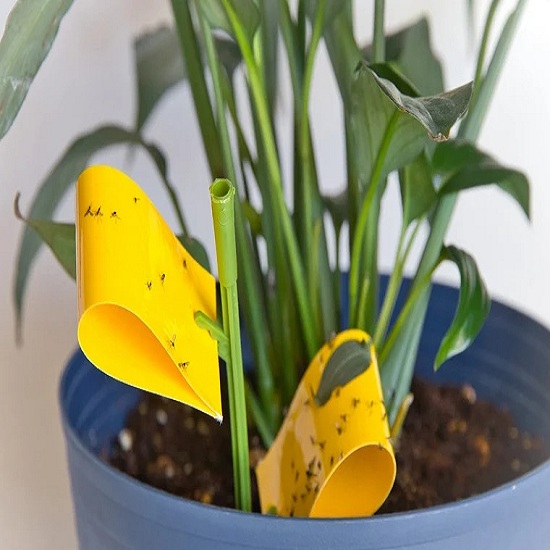
All-natural Sprays
Gnats, despite these precautions, can occasionally still find a way to survive near plants. At this stage, an all-natural spray is the best option for population control.
Several essential oils, including peppermint, citronella, and lemon eucalyptus, have been reported to be beneficial. Gnats can be killed on contact with soil and plant surfaces by using an organic spray that is safe for humans and the environment. As a bonus, these items are also effective at eliminating mites.
Gnats will always find a way to get what they want, no matter how much you try to keep them out. Obviously, keep returning. Preventative measures are the most important factor in winning the war against gnats.
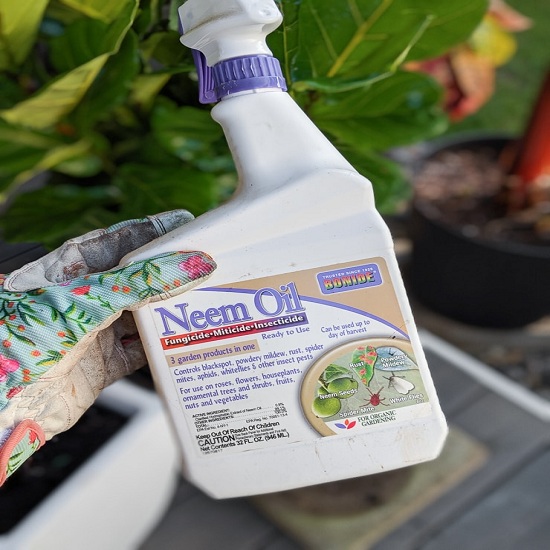
Homemade Vinegar Gnat Trap
Trapping and killing gnats around the house can be done in a variety of ways. Making a DIY vinegar gnat trap is one of the simplest and cheapest options.
A quarter cup of vinegar, a spoonful of sugar, and four to six drops of liquid dish soap are where to start. Place the mixture in a wide, shallow bowl. Gnats are drawn to the mixture, and the dish soap drowns them. This may also be achieved with wine, and it works rather well, but who wants to squander a fine bottle on gnats?
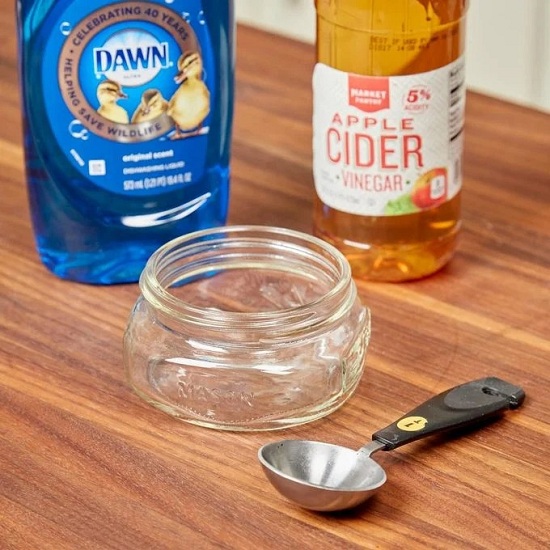
UV Lights
In that case, what is the best way to get rid of gnats without resorting to chemical sprays? An indoor UV light trap is the correct answer. They work like a charm to eliminate not just gnats but also mosquitoes, fruit flies, and moths from your home.
We are not referring to a traditional electronic insect killer. An ultraviolet light detector can do its job without the use of any harmful chemicals. Not to mention no zapping required! Gnats are attracted to the unit’s light and air movement, and once inside, they become stuck on a sticky glue board. In the event that it fills up, a new sticky board can be placed in its place.
